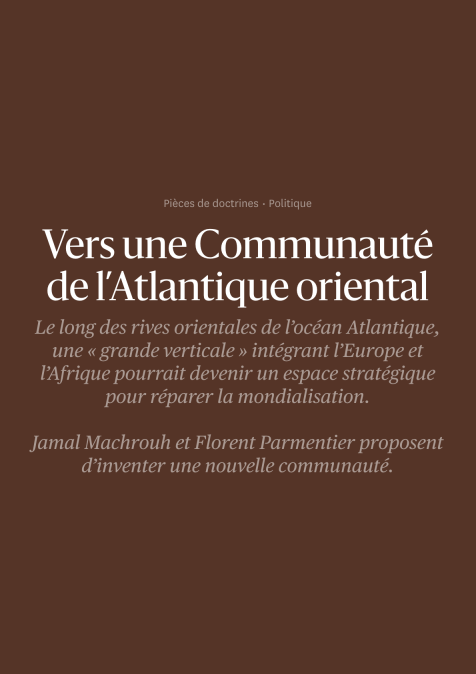After decades of economic integration, the world seems to be fragmenting again, epitomized best, perhaps, by the return of geopolitics, protectionism, unilateral sanctions, treaty withdrawals, and even military and economic coercions. The war in Ukraine seemed to further deepen this impression of a suffering international order especially in the Wider Atlantic, where a difference of views divides the West and the global South. Concomitantly, institutions of multilateralism, such as the United Nations and its manifold agencies, have been criticized for their lack of efficiency and their institutional sclerosis. They have, additionally, been challenged by the global South, notably the African continent, for their unfair governing structures with increasing pressures to add two African seats to the Security Council. Unlike countries of the northern Atlantic, the southern Atlantic still lacks mechanisms of effective collaboration and the willingness to align positions on the international scene.
- How can we bridge the gap between positions and posture between the global South and the global North?
- Is the Wider Atlantic a viable space for cooperation and dialogue between states?
- Is multilateralism in need of a global reform? What is the role of the global South in this overhaul?




